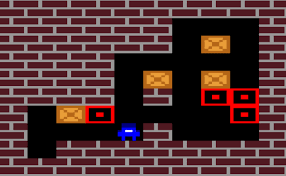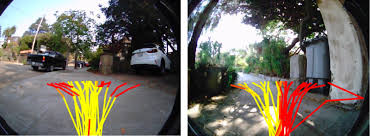Source: computing.co.uk
Alphabet subsidiary DeepMind announced on Monday that it has open-sourced Lab2D, a scalable environment simulator for artificial intelligence (AI) research that facilitates researcher-led experimentation with environment design.
DeepMind describes Lab2D as a system designed to support creation of two-dimensional (2D) layered, discrete “grid-world” environments, in which pieces move around in the same way as chess pieces move around on a chess board.
The system is particularly tailored for multi-agent reinforcement learning, according to Lab2D researchers.
The computationally intensive engine for Lab2D is written in C++ for efficiency, while most of the level-specific logic is written in Lua.
“The environments are ‘grid worlds’, which are defined with a combination of simple text-based maps for the layout of the world, and Lua code for its behaviour,” the researchers state in their study paper.
“Machine learning agents interact with these environments through one of two APIs, the Python dm_env API or a custom C API (which is also used by DeepMind Lab).”
The researchers note that in the rush to create artificial general intelligence which will work in any environment, ‘tinkering’ with environmental variables has become unfashionable. Nevertheless, in real-world use cases simulated environments are essential to discover how systems based on reinforcement learning develop an understanding of the conditions in which they operate.
They make the case that 2D environments are inherently easier to understand than three-dimensional ones, at very little, if any, loss of expressiveness, and are more performant and easier to use.
“Rich complexity along numerous dimensions can be studied in 2D just as readily as in 3D, if not more so.”
They note that 2D worlds have been successfully used to study problems as diverse as navigation, social complexity, imperfect information, and abstract reasoning.
“2D worlds can often capture the relevant complexity of the problem at hand without the need for continuous-time physical environments.”
Another advantage of 2D worlds is that they are easier to program and design than their 3D counterparts. This has been particularly noticed when the 3D world actually exploits the space or physical dynamics beyond the capabilities of 2D ones.
Moreover, 2D worlds do not need complex 3D assets to be evocative, or any reasoning about lighting, shaders, and projections.
The decision to open-source Lab2D comes after DeepMind released OpenSpiel, a reinforcement learning framework for video games, designed to “promote general multi-agent reinforcement learning across many different game types, in a similar way as general game-playing but with a heavy emphasis on learning and not in competition form.”
Lab2D seeks to build on this work by providing a means to study how agents learn.
“We think that progress toward artificial general intelligence requires robust simulation platforms to enable in silico exploration of agent learning, skill acquisition, and careful measurement. We hope that the system we introduce here, DeepMind Lab2D, can fill this role.”


